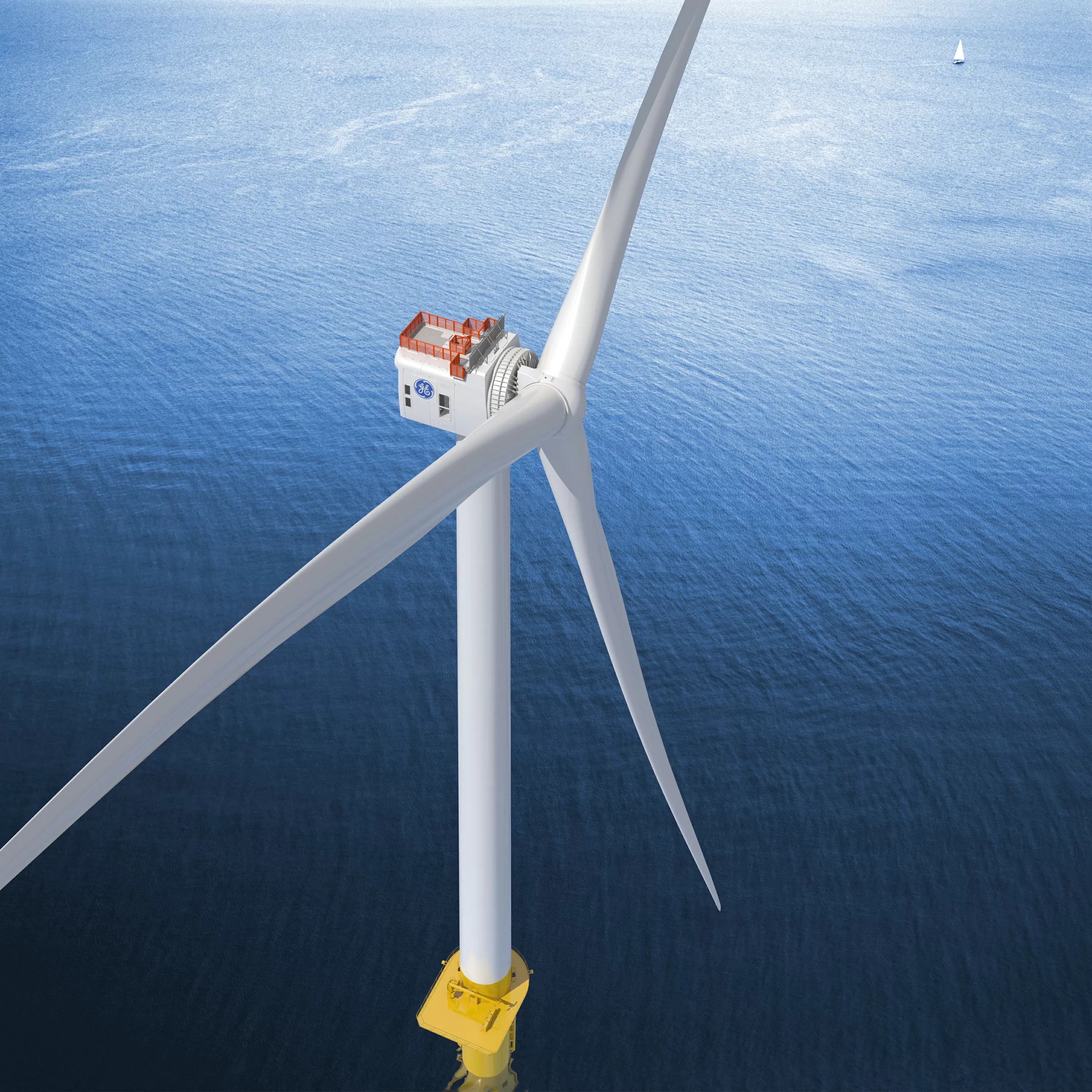The Responsible Offshore Development Alliance filed a lawsuit Monday against federal agencies for the Interior Department’s approval of the 800-megawatt Vineyard Wind offshore energy project off southern New England, alleging the government massively failed its responsibility to follow U.S. environmental and maritime laws.
“In its haste to implement a massive new program to generate electrical energy by constructing thousands of turbine towers offshore the eastern seaboard on the Atlantic Outer Continental Shelf and laying hundreds of miles of high-tension electrical cables undersea, the United States has shortcut the statutory and regulatory requirements that were enacted to protect our nation’s environmental and natural resources, its industries, and its people,” declares a preamble in the lawsuit in the District of Columbia federal court.
RODA, a coalition of fishing communities and industry groups, filed a notice of intent to sue Oct. 19 over its concerns but got no reply from the agencies, said Anne Hawkins, the group’s executive director.
“The fishing industry supports strong action on climate change, but not at the expense of the ocean, its inhabitants, and sustainable domestic seafood,” Hawkins said in announcing the lawsuit. “The decisions on this project didn’t balance ocean resource conservation and management and must not set a precedent for the enormous ‘pipeline of projects’ the government plans to facilitate in the near term. So we had no alternative to filing suit.”
The civil complaint lays out the fishing industry’s view that offshore wind energy planning has failed to follow legal safeguards, dating back to the Obama administration’s ‘Smart from the Start’ offshore energy plan that started a decade before.
The lawsuit was filed on behalf of RODA by Nancie G. Marzulla, a Washington, D.C., lawyer who has litigated regulatory, environmental and property takings cases involving federal agencies.
Its arguments open with fishermen’s warnings about threats to mariners’ safety that future turbine arrays could pose, and then go into potential environmental impacts.
“Contrary to the extensive comments and data submitted by the Alliance, the Construction and Operations Plan approved by defendants (federal agencies) allows construction of wind turbines on a 1mile-by-one-mile grid. For most fisheries and gear types used in the project area, this 1x1 nautical mile spacing between turbines is too narrow to conduct safe fishing operations or to safely transit the lease area,” the lawsuit states.
The court action names the Interior Department, Bureau of Ocean Energy Management, National Marine Fisheries Service and Army Corps of Engineers which all had roles in reviewing the project.
It’s the latest lawsuit over Vineyard Wind, including one the conservative legal foundation Texas Public Policy Institute filed against the same agencies Dec. 15 on behalf of Rhode Island, New York and Massachusetts fishermen.
RODA’s lawsuit says the Vineyard Wind permitting process undercut legal requirements under the 1969 National Environmental Policy Act, the Marine Mammal Protection Act and Endangered Species Protection Act from 1972, the Outer Continental Shelf Lands Act of 1953, and the 1920 Merchant Marine Act – better known as the Jones Act, requiring that cargo in U.S. waters be carried on U.S.-flagged and crewed vessels.
RODA’s warnings stress potential effects for North Atlantic right whales, the extremely endangered mammals that swim from Canada to Florida and have been killed by ship strikes and fishing gear entanglements.
NMFS routinely issues go-slow advisories for mariners operating in areas where right whales have been sighted – and those warnings often map out southern New England waters where offshore wind projects are to be built.
“Approximately 100 North Atlantic right whales, comprising approximately 25 percent of worldwide population, have been recently sighted in the Vineyard Wind lease area,” the lawsuit says.
It further notes that NMFS released a study – after the Vineyard Wind plan was approved – showing how “the whales’ use of the wind energy areas in Southern New England has been increasing: ‘We found that right whale use of the region increased during the last decade, and since 2017 whales have been sighted there nearly every month, with large aggregations occurring during the winter and spring.’”
“Notwithstanding this readily available best scientific and commercial data, the agencies did not account for the additional stress on the North Atlantic right whale caused by the localized increase in noise, vessel traffic, and temperatures attributable to the project…they also did not account for the cumulative impacts of the project coupled with those of similar wind power projects in the area,” the lawsuit asserts. “The Bureau has required Vineyard Wind to undertake only minimal, unproven measures to mitigate potential risk to North Atlantic right whales that are inconsistent with best available science.”
The lawsuit poses another objection that the risk of flying aircraft around the turbine array will reduce NMFS aerial surveys to track whales – similar to worries that 800-foot towers and turbine blades will be hazardous to Coast Guard search and rescue helicopter crews.
The 67-page complaint includes a detailed critique of the government’s alleged failure to follow the National Environmental Policy Act, arguing that BOEM “must follow a stepwise approach” to minimize environmental impacts.
That position echoes a mantra that RODA and other fishing groups have adopted for dealing with offshore wind development: “avoid, minimize, mitigate, and compensate for impacts.”
The government agencies “failed to study, develop, or describe reasonable alternatives to the proposed project outside and inside of the project area that would avoid, minimize, reduce, and compensate for impacts,” the lawsuit says. “Reasonable alternatives to avoid impacts would have included options to meet the purpose and need of the action outside of the lease area the onshore production of electrical energy and alternative offshore locations for the wind energy project.
“The final environmental impact statement confirmed that the Vineyard Wind project would significantly harm the ecosystem, fishery resources, seafood harvesters, shoreside businesses, and other statutorily-protected interests such as scientific research and navigational activities.”







